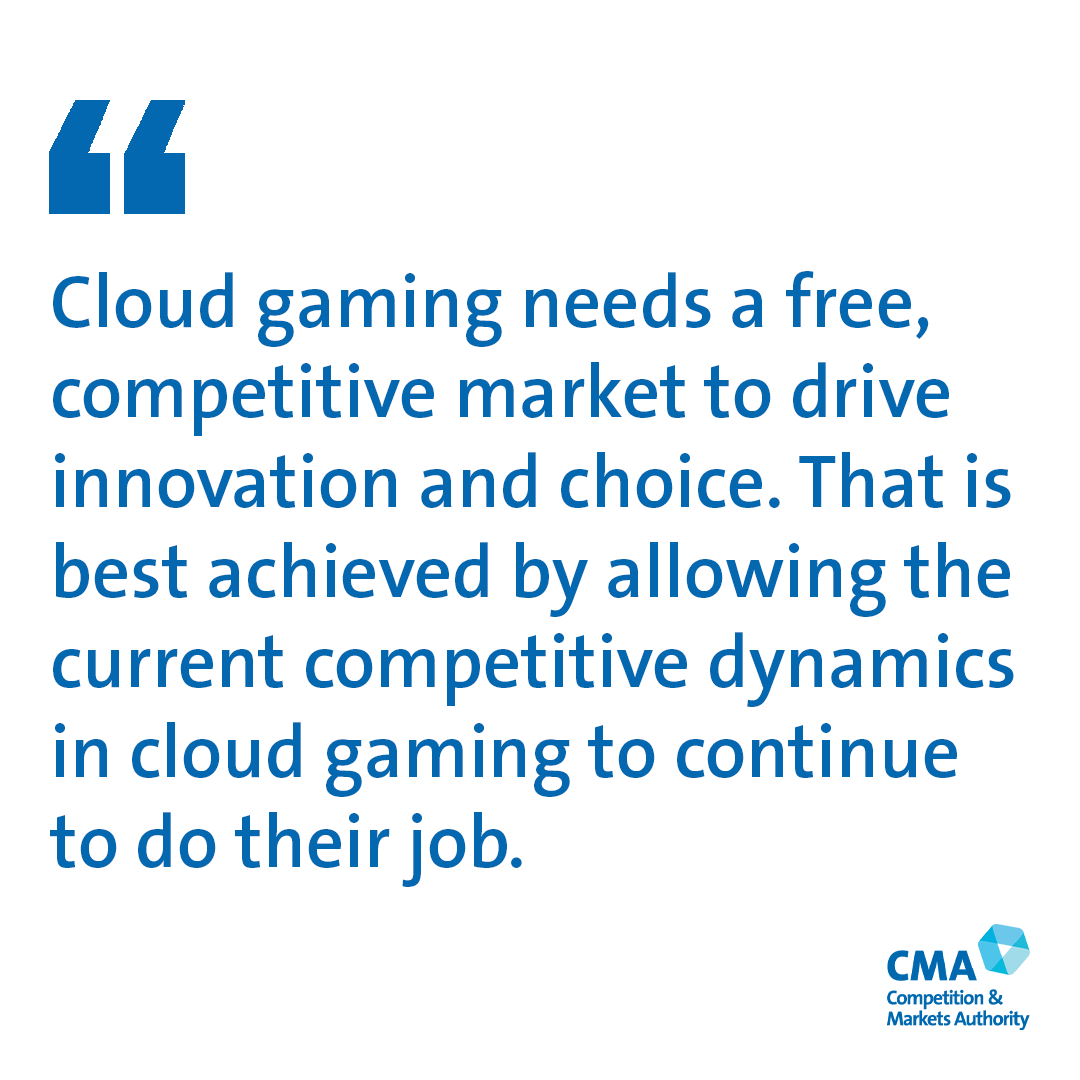- For Advertisers
-
For Publishers
- For Retail Media
- For Telcos
- Our Consumers
- Resources
- GET STARTED
-
Login Login

Nearly one year ago, Microsoft stunned the tech and gaming world when it announced plans to acquire Activision Blizzard. The announcement came just a week after a similarly high-stakes deal was made between Take-Two Interactive and hyper casual gaming studio Zynga. However, only one of these acquisitions actually made it to the finish line.
As of yesterday, April 26, the U.K.’s Competition and Markets Authority (CMA) blocked the Microsoft-Activision Blizzard deal, citing concerns that the takeover would prevent necessary and healthy competition in the cloud gaming world.
With a hefty $69 billion price tag (based on the publisher’s net cash value), the acquisition would have been the largest in history. And while Activision Blizzard is most notably known for big-shot video game franchises like Call of Duty and World of Warcraft in addition to housing all that falls under Xbox, it is more than worth mentioning that this seismic deal also would have given Microsoft clear stakes in the mobile hyper casual gaming space because of Activision Blizzard’s 2016 acquisition of King Games.
Since the news hit stateside yesterday morning, Activision Blizzard shares have taken a nosedive though we're still waiting to see if this decision will similarly impact Microsoft after a successful earnings call just a day before being dealt this massive blow.
The regulatory ruling came from the U.K.’s CMA. However, according to The New York Times, additional antitrust regulators in the European Union are still reviewing the acquisition and are expected to rule by May 22. Meanwhile, Microsoft has already announced plans to appeal the decision.

The setback handed to the tech giant from the CMA focused primarily on how the acquisition would undermine competition in the fairly new cloud gaming space. The CMA shared further insight into their ruling in a public Twitter thread, stating, “Cloud gaming needs a free, competitive market to drive innovation and choice. That is best achieved by allowing the current competitive dynamics in cloud gaming to continue to do their job.” In this same thread, the CMA goes on to explain that Microsoft already accounts for an estimated 60-70% of global cloud gaming services.
This ruling shouldn’t necessarily come as a shock to the tech giant. Just five months ago, the FTC issued a complaint against the to-be merger. And here’s a fun fact: Take-Two Interactive (which succeeded in its own major acquisition deal with Zynga in 2022) is also participating in FTC’s Microsoft-Activision Blizzard case as a non-party. In other words, the publisher has been brought on to provide market insights during proceedings.
Forecasters estimate that cloud gaming services will reach $13 billion in revenue by 2026. So, let’s break down exactly what cloud gaming is and how it impacts the larger gaming ecosystem and gaming communities for better or for worse, depending on whom you ask.
Stream to play:
With cloud gaming, users don’t need to purchase a console or install a game on a PC in order to play. All they need is a reliable internet connection. Using remote servers in data centers, cloud gaming allows users to circumnavigate the sometimes hassle of figuring out specs, software updates, or even which consoles to buy to play their favorite games.
What this means for mobile:
Cloud gaming also means that users don’t need to head to the App and Google Play stores if they’re looking to game via their mobile devices. So, it’s safe to say, that mobile marketers and publishers dependent on app downloads to see revenue will need to pay close attention to what the U.K.’s CMA and other regulatory authorities have to say about the Microsoft-Activision Blizzard deal’s potential impact on the fast-growing, highly lucrative cloud gaming market in the days, weeks, and months ahead.
There are two ways to look at yesterday’s news. One can say that this regulatory block on the acquisition deal is a sign that the momentum and fast-paced growth we saw in the gaming industry last year might be slowing down. Then there’s the more optimistic approach: with the Metaverse, Web3, Netflix games, and cloud gaming, the gaming industry is not short on innovation. But these innovations in addition to Apple’s AppTrackingTransparency and SKAdNetwork 4.0, and Google’s upcoming Privacy Sandbox mean that publishers, developers, and advertisers alike are being called on to take a beat and reassess and optimize growth strategies as they find solid ground in the privacy-first world.
Register to our blog updates newsletter to receive the latest content in your inbox.